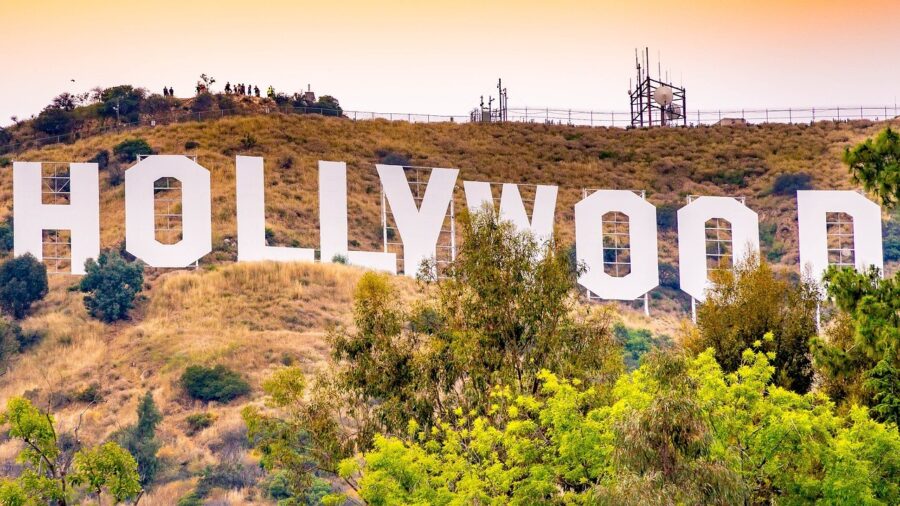The Writers Strike Has Come To An End, So Who Won?

After 148 days, The Writers Guild of America (WGA) has voted to end its strike. Variety reports that after a preliminary agreement was reached with the Alliance of Motion Picture and Television Producers (AMPTP), the council of the WGA East and the board of the WGA West joined in a unanimous vote to end the strike order as of 12:01 a.m. PT on Wednesday. This will put writers back to work before the vote for final ratification as early as Wednesday.
The WGA and AMPTP have reached an agreement, bringing an end to the writers’ strike and a partial return to business for Hollywood.
Now that the WGA strike has ended, between October 2 and October 9, union members will meet online and in person to go over the contract details and hold a ratification vote. The negotiating committee of the WGA has been enthusiastic regarding the agreement, leading to the general expectation that members will be ready and willing to ratify the contract.
The in-person meeting for WGA West will take place on Wednesday at 7:00 p.m. PT at the Hollywood Palladium. The WGA East will meet at the Manhattan Center also on Wednesday at 6:00 p.m. ET, with Zoom meetings to follow on Thursday at 5:00 p.m. PT and Friday at 11:00 a.m. PT.
“We can say, with great pride, that this deal is exceptional – with meaningful gains and protections for writers in every sector of the membership.”
WGA statement on the end of the strike
In addition to announcing the end of the WGA strike, the Writers Guild also released the entire contract—a 94-page document—and a summary of the terms contained therein. The agreement covers the full array of concerns expressed by the guild during the strike, including improved compensation, protections against the use of artificial intelligence, better terms for screenwriters, and a minimum quota for staff in television writers’ rooms.

One of the most important elements of the new contract is its stipulation that AI can neither write nor rewrite literary material and that material generated by AI will not be eligible to be considered source material, meaning that the use of AI cannot undermine a writer’s credit.
The fruits of the WGA strike also include rules that allow writers to use AI if they choose, so long as they have the company’s consent and follow relevant company policies, but companies are barred from requiring writers to use such software.
While the WGA strike has come to an end, the SAG-AFTRA strike is still ongoing, meaning production can resume, but no shooting can take place.
Further, companies must declare whether the writers have been supplied with any materials generated by AI or that include AI-generated material. The agreement also contains a prohibition against using WGA-member writing to train artificial intelligence software.
The new 3-year contract has brought the WGA strike to an end after a long negotiation session during which WGA and AMPTP were able to come to an agreement on a number of key points. In a statement on Sunday regarding the initial agreement, the WGA said, “We can say, with great pride, that this deal is exceptional – with meaningful gains and protections for writers in every sector of the membership.”
This appears to show a clear victory for the WGA, a vindication for the strike, not to mention a more secure future for writers across Hollywood. While we await the ratification process, we are joining the WGA writers in breathing a long sigh of relief.












